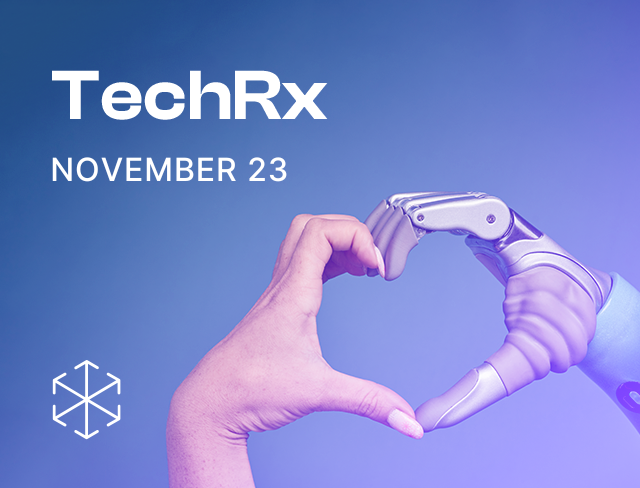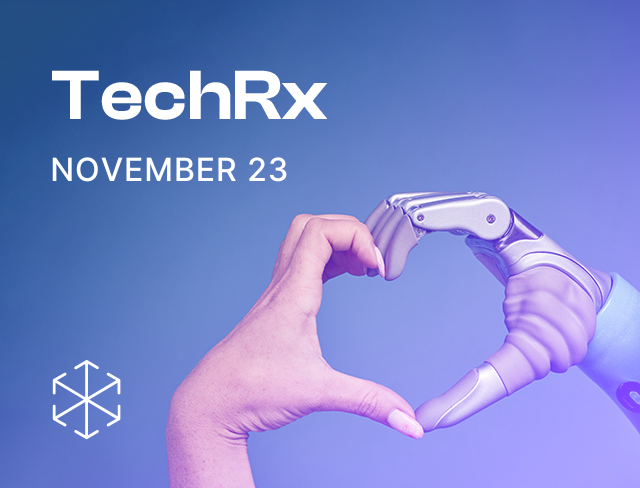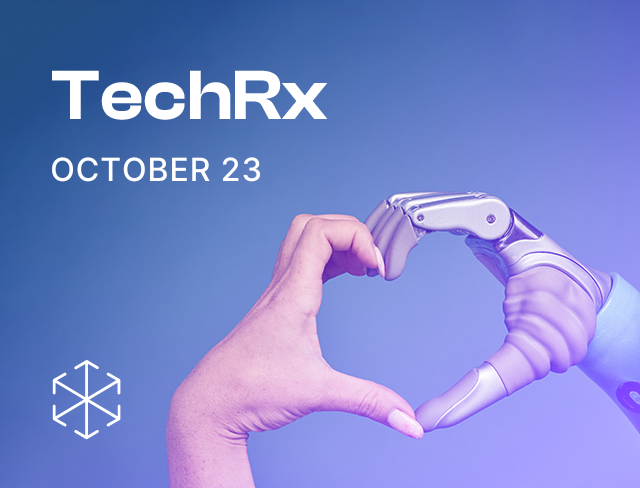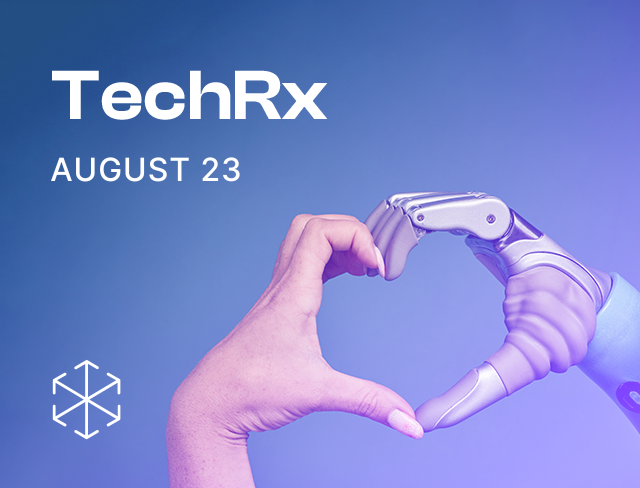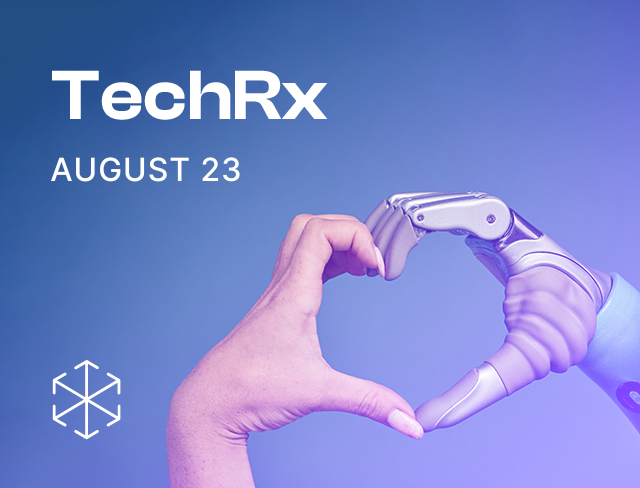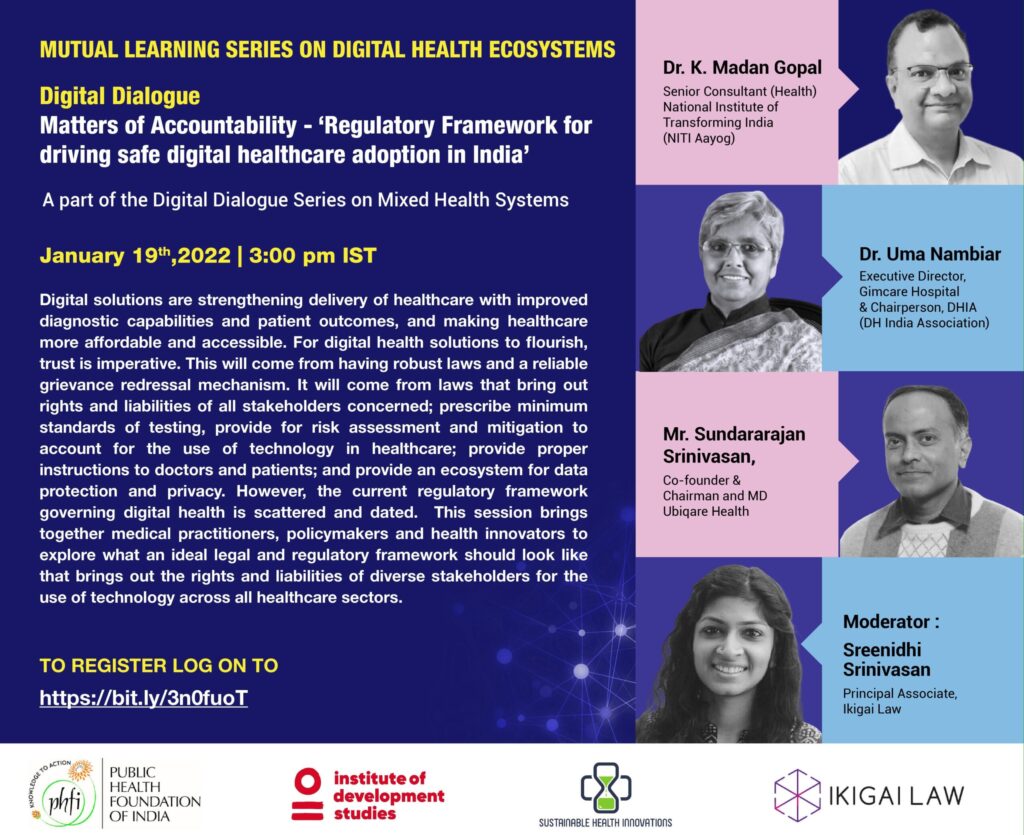
Ikigai Law and the Public Health Foundation of India (PHFI) organised a panel discussion on ‘Matters of Accountability – ‘Regulatory Framework for driving safe digital healthcare adoption in India’. This discussion was a part of PHFI and IDS’s three-part series ‘Digital Health interventions through a Health System Lens: preparing for inclusive, integrated and accountable digital health models beyond the pandemic’.
The panel discussion featured the expertise of Dr. K. Madan Gopal, Senior Consultant at Niti Aayog, Dr. Uma Nambiar, Executive Director at Gimcare Hospital, and Mr. Sridhar Pillalamarri, the CEO and co-founder of Ubiqare Health Pvt. Ltd.
Sreenidhi Srinivasan, of Ikigai Law, moderated the discussion to curate explore the legal implications of the recent developments in digital healthcare. The panel discussion traversed the great landscape that is India’s healthcare-related laws. It culminated in the panellists providing their wish list for an enabling and clear regulatory framework for digital healthcare delivery (see box 1 below).
| Box 1: Panel’s recommendations for a safe and secure regulatory framework on digital health technologies: |
| a. Enabling trust in digital healthcare and data protection. |
| b. Infusing clarity on the scope of legal applicability. |
| c. Introducing guidelines for certifications and standards. |
| d. Encouraging a culture of innovation and financial aid/incentives for the digital healthcare industry. |
| e. Emphasizing digital health education and an overhaul of the curriculum. |
| f. Creation of an environment that facilitates interaction between stakeholders such as technology practitioners in order to build better practices. |
The key takeaways from the webinar were:
1. On the Telemedicine Practice Guidelines, 2020 (TPG 2020)
Dr. Gopal highlighted the role of the TPG 2020 in being a game changer during the height of the pandemic. The TPG 2020 ensured continuity of care for patients and helped home management of COVID-19 patients in India. Dr. Gopal pointed to the growing trust demonstrated by people in digital healthcare, such as access to digital thermometers, oximeters, as well as tele-consultations; noting that this was not feasible earlier. Dr. Nambiar characterised the TPG 2020, as a crisis management tool, adding that it was revolutionary in making people comfortable with the use of telemedicine. She also highlighted some concerns with the TPG 2020, from medical professionals’ perspective. These included the need for clarity on consent management, storage of health data, and verifying registration of doctors with their state registers to prevent misuse. Mr. Pillalamarri said the TPG 2020 act as an enabler and are a step in the right direction. However, clarity is required on regulating healthcare delivery and practice. He also called for focus towards digitization, in order to improve patient outcomes.
2. On health data management
Panellists highlighted the need for clarity on health data management, especially under the forthcoming Data Protection Bill, 2021, and the ABDHM’s ‘Health Data Management Policy’. Mr. Pillalmarri indicated that his software system followed the Health Insurance Portability and Accountability Act, for handling health data, prior to the TPG 2020. He pointed out how several layers of protection need to be set up in place to secure data. Dr. Nambiar suggested that India’s data protection laws should be Indianized, i.e., tailored to India’s specific context and needs.
3. On the regulatory framework and oversight:
a. Liability of healthcare professionals – Dr. Nambiar emphasized on the importance of clarifying the entity on whom liability for breach will fall. She observed that doctors and medical staff are generally not very well-versed with the technicalities of software that stores and processes such data. The situation was starkly different in the offline setting, and the hospitals and doctors could be held responsible. Dr. Nambiar said that, in a digital setting, the liability for issues arising out of storage and analysis through software must not fall on practitioners or the hospital.
b. Liability of technology service providers – Dr. Nambiar pointed out that the liability of technology providers in case of data breaches also require clarification and elaboration in a digital setting. She noted that the TPG 2020, is a basic building block, that needs periodic evaluation, and needs to be made more granular, robust, and clearer. Mr. Pillalmarri noted that the goal for start-ups in the field should be to simplify the interface, while simultaneously ensuring that the data entered by doctors and medical staff are stored as per guidelines. He pointed out that these are some of the ways in which trust in the digital healthcare system can be built.
4. On building trust in digital healthcare delivery:
a. The role of self-regulation – On being asked whether greater detail needs to be prescribed in the law, Dr. Gopal noted that regulatory frameworks must set standards for citizens to learn how to self-regulate. This can be reinforced with standard quality certifications that inform citizens while making decisions on availing certain services. Dr. Gopal added that an important question to ask in this context is whether overregulation may result in more harm than good. Finally, Dr. Gopal highlighted the major challenge of tackling ‘silos’. Dr. Gopal remarked breaking silos, would require professional bodies, practitioners, and innovators to collaboratively develop policy.
b. Collaborative approach – In line with Dr. Gopal’s statements, Dr. Nambiar called for collaboration between technology practitioners and healthcare providers. This would ensure that healthcare needs to drive technological innovation and not the other way around. Mr. Pillalmarri noted three things necessarily to ensure safe use of digital healthcare: (i) enabling trust in digital healthcare and data protection; (ii), infusing clarity on the scope of legal applicability of various laws; and (iii), introducing guidelines for certifications and standards.
The recording of the webinar can be viewed here.
Box 2: Webinar timestamps
- 0.06.00 – Ikigai Law’s Presentation
- 0.08.00 – Snapshot of laws
- 0.08.30 – Telemedicine
- 0.10.10 – Healthcare products
- 0.11.00 – Health data management
- 0.14.00 – Dr. Gopal’s View on government’s vision on current challenges and priorities
- 0.14.30 – Telemedicine
- 0.14.38 – How Telemedicine Practise Guidelines came into effect
- 0.15.50 – Innovations in Telemedicine
- 0.17.50 – Journey of Telemedicine
- 0.21.40 – Electronic Health Record and Electronic Medical Records (Focus of the Digital Health Mission)
- 0.14.30 – Telemedicine
- 0.23.00 – Dr. Nambiar’s View on Telemedicine Guidelines
- 0.24.50 – Issues with the Guidelines
- 0.28.00 – Mr. Sridhar talks about his startup journey
- 0.33.00 – Issues with the Guidelines
- 0.34.00 – Issues with Patients and Doctors relying on Mobile Health Applications
- 0.35.00 – Too much responsibility on hospitals for the digitisation and protecting the data
- 0.38.20 (also at 0.50.00) – How to make doctors more comfortable with technology
- 0.42.00 – Do we need law to prescribe all the standards for digitisation
- 0.45.00 – Dr. Gopal suggests self-regulation
- 0.46.30 – Dr. Gopal raises the issue of fragments in the industry
- 0.51.00 – Thoughts on upcoming Data Protection Law
- 0.56.45 – How family head could protect family’s health data
- 0.58.20 – We need to Indianise our privacy laws and cannot copy the west
- 1.00.14 – How these regulations affect poor people, and does these regulations serve greater equity
- 1.05.24 – Dr. Gopal’s response
- 1.08.10 – Tweaks required in the existing laws
- 1.14.50 – Changes required in the current Drugs and Cosmetics Act
- 1.20.17 – Changes in laws for an enabling regime
- 1.24.00 – Dr. Gopal’s suggests that regulations discourage innovation
- 1.27.17 – Prof Bloom’s closing remarks
This post and the webinar were put together by the Healthtech team at Ikigai Law.




